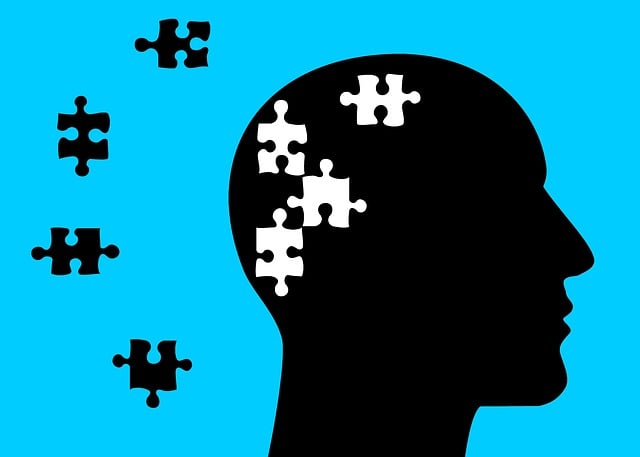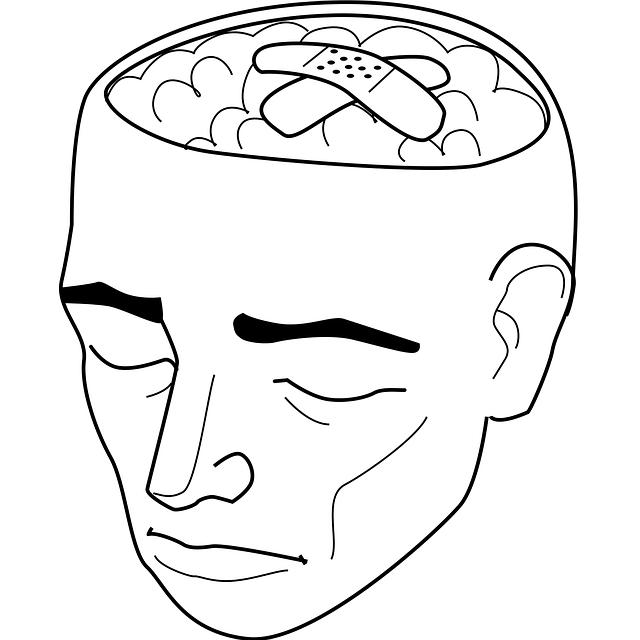Mental wellness is a key aspect of overall well-being, impacted by daily stress and decision-making. Superior Acceptance and Commitment Therapy (ACT) offers a proven approach to enhance mental health through acceptance, mindfulness, and defusing negative thoughts. Integrating ACT into journaling exercises allows individuals to gain self-awareness, set values-based goals, and make positive changes. This dual method of reflection without judgment promotes mental clarity, personal growth, emotional regulation, and better decision-making, ultimately contributing to improved overall well-being. For crisis intervention, tailored journaling goals under professional guidance can stabilize intense emotions and commit individuals to purposeful actions.
Unwind your mind’s intricate pathways through the transformative power of mental wellness journaling. In today’s fast-paced world, understanding and prioritizing our emotional well-being is paramount. This article guides you on a journey towards superior acceptance and commitment therapy (ACT) principles tailored for journaling. We’ll explore how this practice can help manage daily stressors, foster mindfulness, and promote positive changes in your life. Get ready to unlock the secrets of a healthier, more balanced mind.
- Understanding Mental Wellness and Its Impact on Daily Life
- Introduction to Acceptance and Commitment Therapy (ACT)
- The Power of Journaling as a Therapeutic Tool
- Incorporating ACT Principles into Your Journaling Practice
- Strategies for Effective Mental Wellness Journaling
Understanding Mental Wellness and Its Impact on Daily Life

Mental wellness is a crucial aspect of overall well-being, influencing how individuals navigate their daily lives and interact with the world around them. It encompasses emotional, psychological, and social health, affecting one’s ability to cope with stress, make choices, and form meaningful relationships. Understanding mental wellness involves recognizing its impact on various areas of life, including productivity, relationships, and overall quality of life.
In today’s fast-paced and often stressful world, prioritizing mental wellness is essential for fostering resilience and enhancing one’s ability to thrive. This is where practices like Acceptance and Commitment Therapy (ACT) can play a significant role. ACT, as part of Mental Health Education Programs Design, encourages individuals to accept their thoughts and emotions without judgment, promoting a more flexible and open mindset. By cultivating emotional intelligence through such therapies and Healthcare Provider Cultural Competency Training, people can develop better self-awareness, improve decision-making, and strengthen their support systems, ultimately leading to a more fulfilling and balanced life.
Introduction to Acceptance and Commitment Therapy (ACT)

Acceptance and Commitment Therapy (ACT) is a powerful psychological approach that focuses on helping individuals embrace their experiences, both positive and negative, while committing to actions that align with personal values. This therapy encourages self-acceptance, mindfulness, and defusing from unhelpful thoughts, allowing for improved mental health and well-being. ACT has gained recognition as a superior method in Mental Health Policy Analysis and Advocacy, highlighting the importance of Self-Care Practices for individuals to take charge of their mental wellness.
By integrating this therapy into Mental Wellness Journaling Exercise Guidance, users can learn to observe their thoughts and emotions without judgment. This process fosters a deeper understanding of one’s inner world and triggers, enabling individuals to make meaningful changes in their lives. ACT encourages setting values-based goals that motivate personal growth and enhance overall mental health, providing tools for anyone seeking effective Self-Care Practices.
The Power of Journaling as a Therapeutic Tool

Journaling has emerged as a powerful therapeutic tool, offering individuals a means to explore their thoughts and emotions in a safe and private space. By committing their experiences to paper, people can gain profound insights into themselves, fostering self-reflection and enhancing mental wellness. This practice is especially beneficial for those seeking Anxiety Relief and looking to integrate Self-Awareness Exercises into their daily routines.
In the context of Acceptance and Commitment Therapy (ACT), journaling serves as a bridge between awareness and action. It encourages individuals to observe their feelings without judgment, accepting them as they are, while simultaneously committing to values-driven behaviors. This dual focus promotes mental clarity, empowers personal growth, and can significantly contribute to overall Mental Wellness Journaling Exercise Guidance.
Incorporating ACT Principles into Your Journaling Practice

Incorporating principles from Acceptance and Commitment Therapy (ACT) into your journaling practice can significantly enhance its effectiveness for mental wellness. ACT encourages individuals to develop psychological flexibility, acceptance, and commitment, which are key components in managing stress, anxiety, and other challenges. When you journal, reflect on your experiences without judgment, allowing yourself to fully accept whatever comes up. This process fosters a deeper connection with your thoughts and emotions, enabling you to identify values that guide your actions.
By integrating ACT into journaling, you can learn to detach from negative thought patterns and engage in mindful observations of your internal experiences. This promotes healthier coping mechanisms and enhances overall well-being. Moreover, this approach encourages setting meaningful goals aligned with personal values, which is a crucial aspect of ACT. Incorporating these principles through journaling helps build resilience, improves emotional regulation, and facilitates better decision-making, all of which are essential components in maintaining and improving mental health, especially as supported by Healthcare Provider Cultural Competency Training and Stress Management Workshops Organization.
Strategies for Effective Mental Wellness Journaling

Mental wellness journaling can be a powerful tool for self-reflection and personal growth. To make it truly effective, consider incorporating strategies from Acceptance and Commitment Therapy (ACT). ACT encourages individuals to accept their thoughts and feelings without judgment, fostering a mindset of mindfulness. When journaling, dedicate space to observe your emotions and thoughts without trying to change them; instead, acknowledge their presence as they are. This practice can significantly enhance emotional healing processes, especially when supplemented by crisis intervention guidance from trained professionals.
Additionally, set clear and meaningful writing goals tailored to your specific mental wellness needs. For instance, if you’re seeking trauma support services, focus on exploring and processing traumatic memories through journaling. You might also benefit from reflecting on values that bring you a sense of purpose and committing to actions aligned with these values. These practices not only promote emotional healing but can also serve as a form of crisis intervention, helping to stabilize and manage intense emotions.
Mental wellness journaling is a powerful tool that combines the therapeutic benefits of self-reflection with the transformative principles of Acceptance and Commitment Therapy (ACT). By incorporating ACT techniques into your journaling practice, you can cultivate greater acceptance, mindfulness, and commitment to valued actions. Through regular reflection, you gain insights into your thoughts and emotions, enabling you to live a more fulfilling life aligned with your personal goals and values. With consistent effort, mental wellness journaling becomes a game-changer in enhancing overall well-being.














